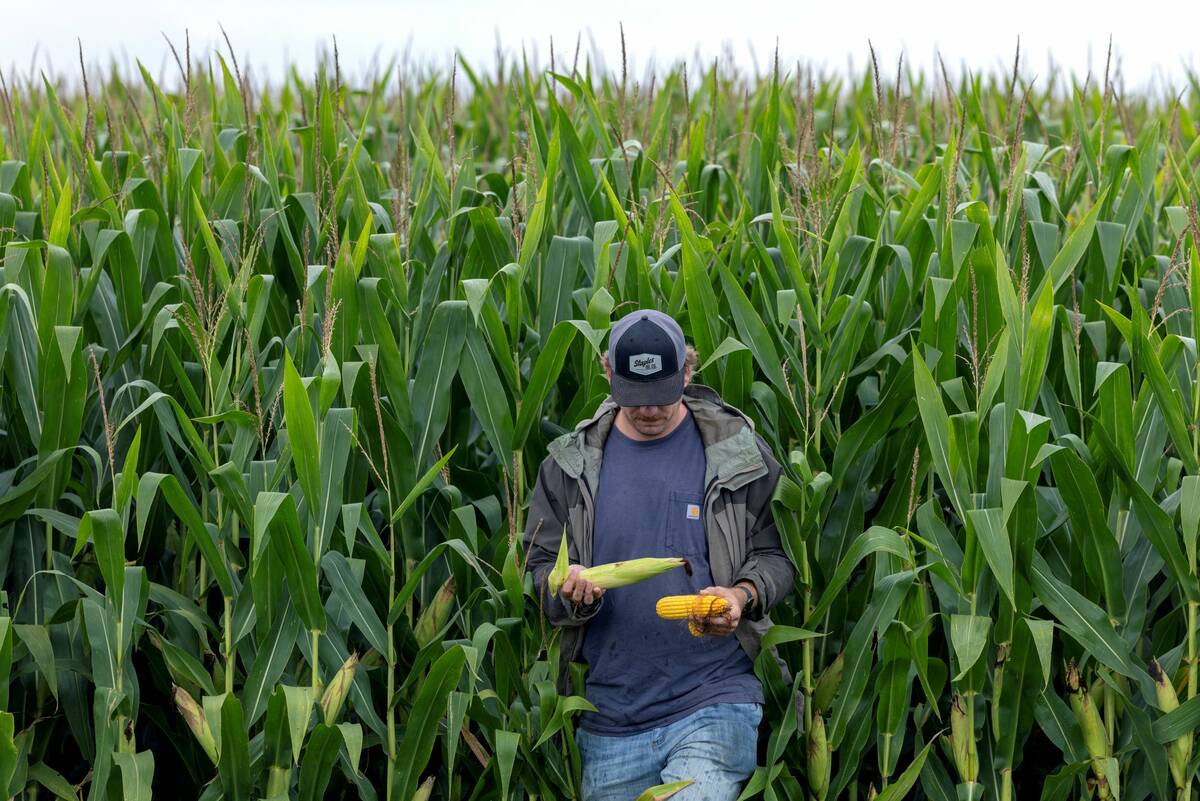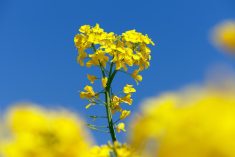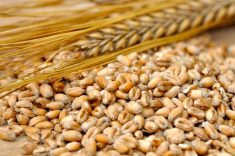Sixteen projects to help support Indigenous-led food system initiatives will receive $4 million from the federal government.
“Our government is working to create a more inclusive agriculture sector that respects the values of Indigenous Peoples,” Agriculture Minister Marie Claude Bibeau said in a statement Friday.
“These investments are intended to ensure that Indigenous Peoples have equal opportunities in the sector, the resources they need to be successful, and access to safe and affordable food.”
One project, based in Saskatchewan, is receiving up to $954,000 to reintroduce grain farming as a career path, and to finalize a business plan for Cowessess First Nation, about 50 km south of Melville, to expand its farming operation to 2,000 acres.
Read Also

The U.S. corn crop could be the biggest ever. That’s terrible news for America’s farmers.
The USDA predicts a record corn crop for U.S. farmers, who question the agency’s accuracy amidst high debt and low crop prices.
Chief Cadmus Delorme said the long-term goal is to have a fleet of grain farming equipment.
Cowessess members, according to Delorme, “utilized the teachings and tools provided to support an agricultural existence” after signing Treaty Four. “Over time Cowessess members were great farmers, then Canadian policy made it harder for Cowessess members to farm.”
Delorme said the intention now is to “to revive agriculture and enable our community and its citizens to benefit from the vast amount of arable acres Cowessess First Nation owns.”
Another will see Xaxli’p First Nation, about 150 km west of Kamloops in British Columbia, get $88,000 to “prepare the community to engage in a number of agricultural activities by conducting a market study, a land capability assessment and an irrigation water source assessment.”
The economic development officer for Xaxli’p, Lyle Leo, said in a statement this project “project is a stepping stone to business planning and infrastructure improvements.”
Bigstone Cree Nation, about 125 km northeast of Slave Lake, Alta., will receive $131,000 to identify and plan agri-business opportunities to enter into Alberta’s market.
Most of the funding comes from the Indigenous Agriculture and Food Systems Initiative.
“Indigenous farmers, communities and agri-food entrepreneurs have a strong partner in the government of Canada. We recognize all of you, as leaders, in building and growing opportunities — from farming, community gardens, traditional foods and agri-entrepreneurs,” Indigenous Services Minister Marc Miller said in Friday’s release.
“Indigenous Peoples were the first agricultural innovators and have a unique connection to the land that continues today.”
— D.C. Fraser reports for Glacier FarmMedia from Ottawa.













